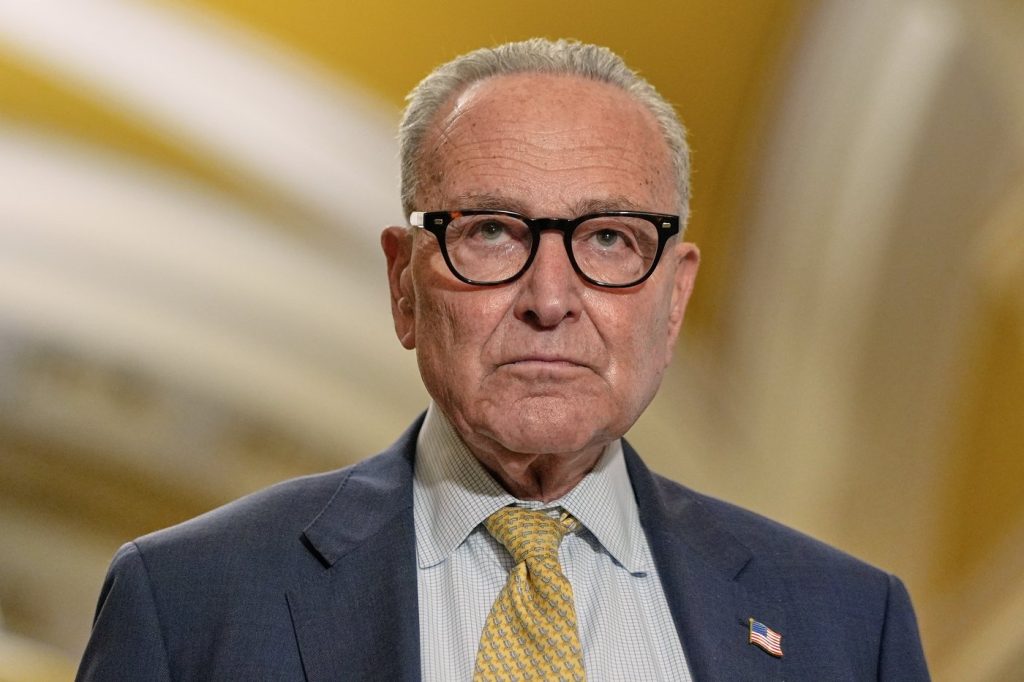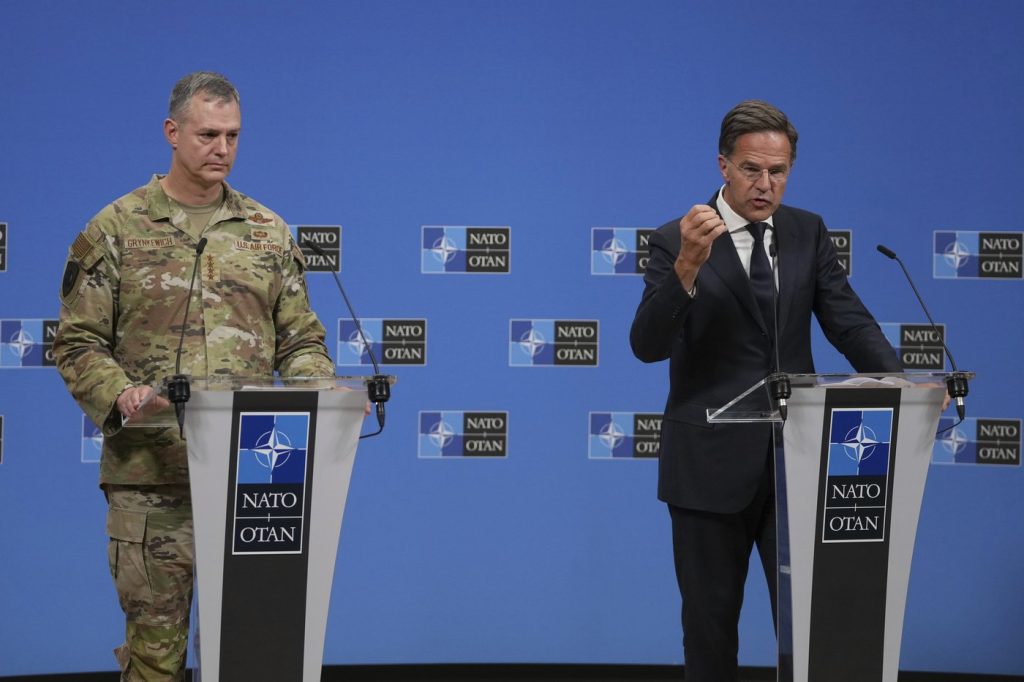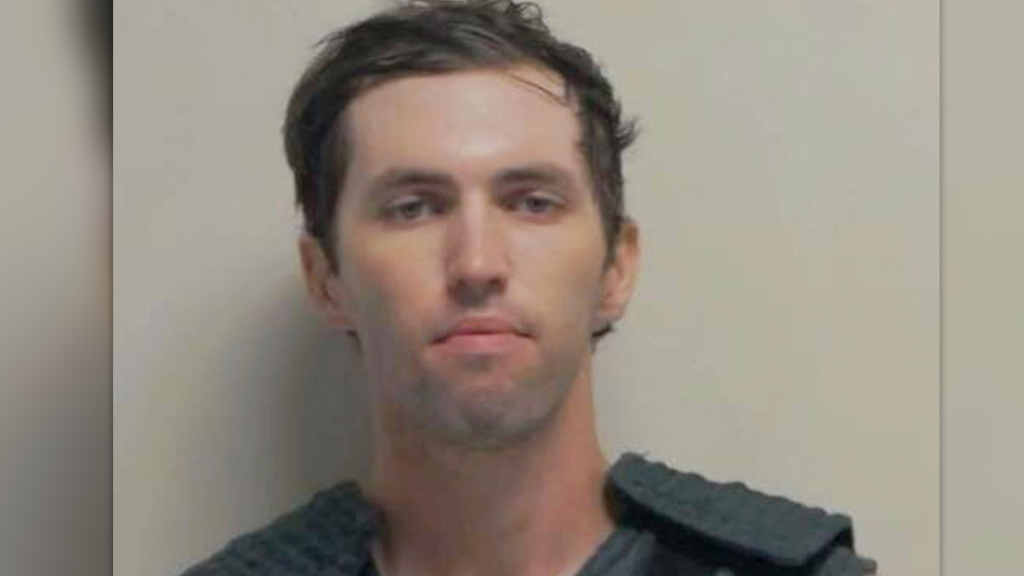Senate Democratic Leader Chuck Schumer, earlier this year, faced criticism from fellow Democrats after he supported a Republican-led effort to keep the government funded. However, as the September 30 deadline for government funding approaches, Schumer is now prepared to risk a government shutdown if Republicans do not meet certain Democratic demands. He, along with House Democratic Leader Hakeem Jeffries, is unified in their opposition to any funding legislation that lacks crucial health care provisions and guarantees against their rollback.
In a recent interview, Schumer emphasized that the political landscape has significantly changed since March, when he previously argued against a shutdown. He pointed out that Republicans have since passed substantial tax breaks and spending cuts that negatively impacted Medicaid and other essential programs. Schumer believes that Democrats are currently more cohesive than they were during that period, indicating a shift in intra-party dynamics.
Schumer articulated that he believes a potential shutdown would not exacerbate the already tense political environment characterized by President Trump’s contentious relationship with Congress. He expressed that the situation is presently contentious regardless of a shutdown, citing Trump’s perceived disregard for legal boundaries. Schumer's commentary reflects a strategic decision to stand firm against Republican measures without bipartisan support.
As Republicans contemplate a short-term stopgap spending measure to avert a shutdown, Democrats are confronted with a challenging dilemma: either align with Republicans to maintain government funding or allow a shutdown with no concrete plan for resolution. This situation is further complicated by escalating partisan tensions within the Senate, particularly as negotiations on the confirmation of Trump’s nominees have stalled repeatedly.
Republicans are adamant that any failure to keep the government open will be predominantly blamed on Democrats. Trump has discouraged negotiations with them, insisting that Republicans will advance their funding measures regardless. Senate Majority Leader John Thune remarked that he believes Democrats might see political benefit in the shutdown scenario but does not believe they have a sufficient rationale for it. Thune has called for Schumer to present specific proposals, particularly concerning health care credits related to the Affordable Care Act.
Schumer indicated that most of his caucus is prepared to oppose any stopgap measure that lacks adequate negotiation input from Republicans. He mentioned that the demand for the rollback of Medicaid cuts enacted by the Republicans is less realistic. Furthermore, he expressed that Democrats want a commitment from Republicans that appropriated funds will not be retracted, referencing recent unapproved cutbacks on foreign aid by Trump.
The looming September 30 funding deadline highlights a growing schism between party lines, as both factions grapple with substantial differences obstructing the passage of annual budget bills. The history of recent government shutdowns plays into the current discourse, reminding lawmakers of the federal agencies' cessation of non-essential operations and the lost paychecks for millions of federal employees, including military personnel. The most notable previous shutdown lasted 35 days during Trump’s administration, spurred by his demand for border wall funding.
Reflecting on his earlier decision, Schumer noted that it was a matter of prioritizing outcomes; opting for a partial shutdown was a riskier path that could empower Trump’s control over federal operations. Unlike that occasion, Schumer now asserts that public sentiment would squarely blame Trump for any future shutdown, underscoring a shift in public opinion dynamics. Clarifying his position, Schumer stated, “I did what I thought was right in March. It’s a different situation now than then,” positioning himself and his party as resolute in the face of impending negotiations.












